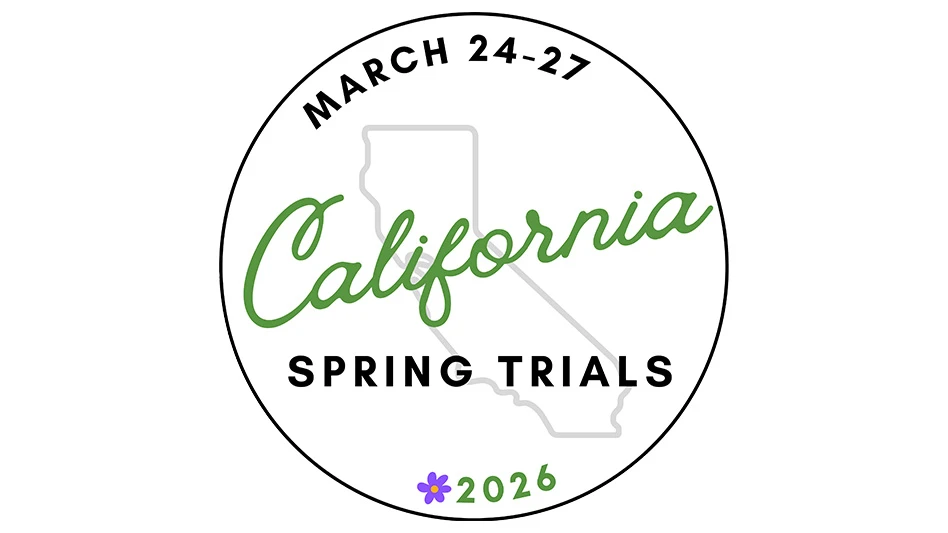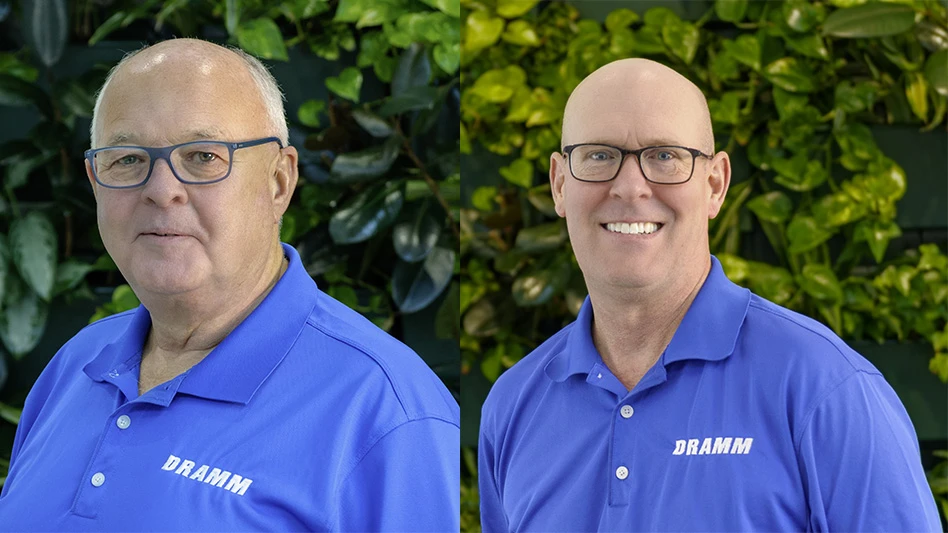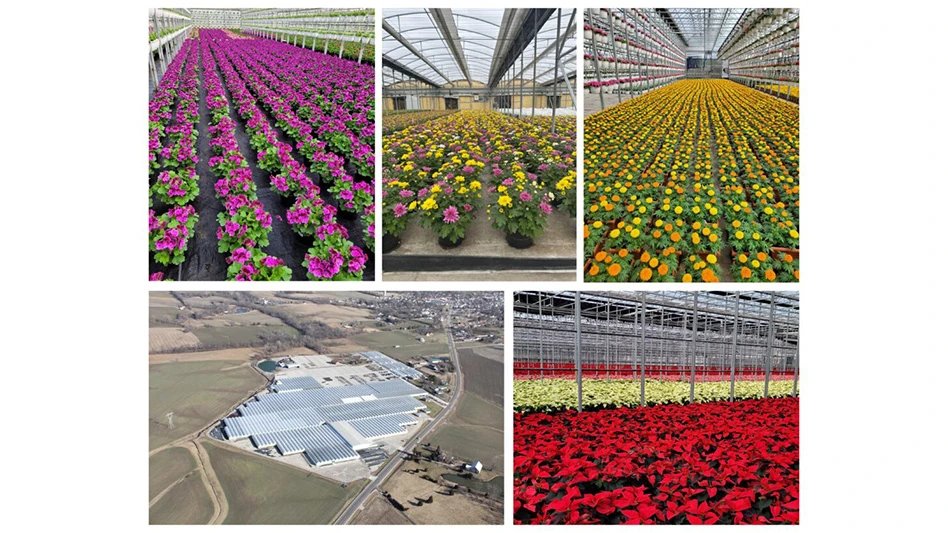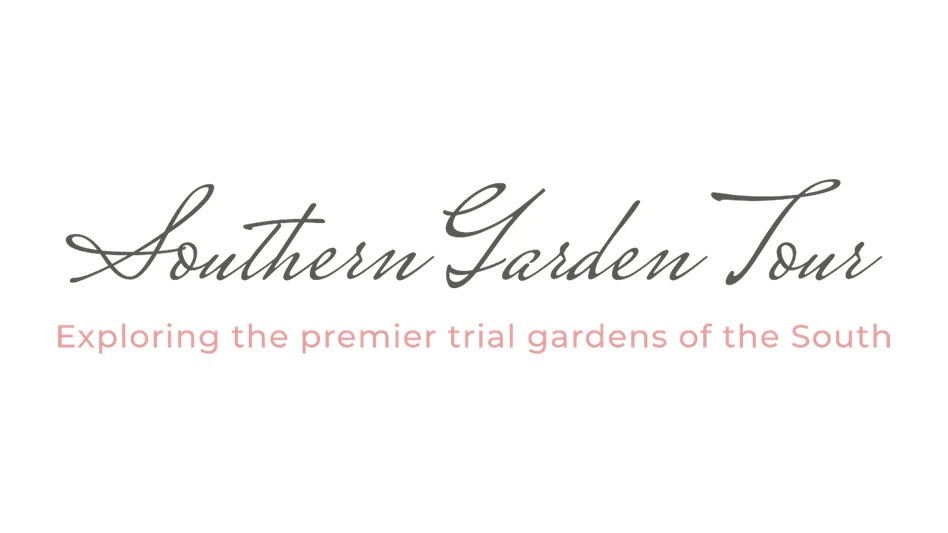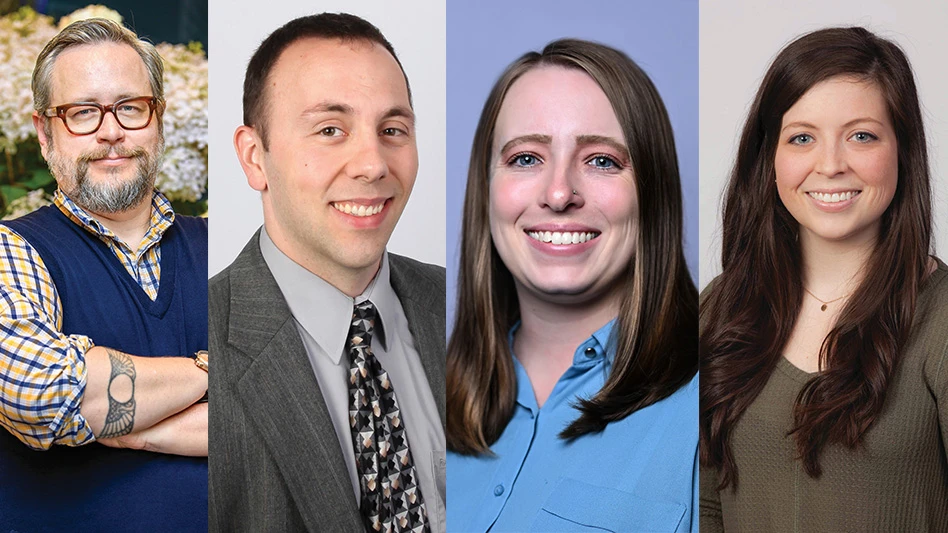_fmt.png)

The process of divesting a proven division from a giant global company started when Bayer announced its intention to sell its Environmental Science business. The move affects numerous agriculture-facing industries, including the commercial greenhouse space.
With a large portfolio of fungicides, insecticides and herbicides supported by an experienced and respected team of professionals, Bayer exerts significant influence in the horticulture markets. Multiply those attributes across various other markets, including lawn and landscape, pest control, golf course agronomy, production ornamentals and vegetation management, and an attractive company is poised to emerge from the Environmental Science business.
Bayer veteran Gilles Galliou will lead the divestment. Galliou had been serving as the head of commercial operations for Bayer Vegetable Seeds Americas.
In an interview with Golf Course Industry and its sister publication Pest Control Technology (Editor’s Note: both publications are Greenhouse Management magazine sister publications as well) shortly after Bayer announced its decision to divest the Environmental Science business to focus on expanding its Crop Science division, Galliou explained the next steps for the business he now oversees.
“I’m going to be the CEO of this new company and the first role of that CEO is to separate the business and build a new structure,” he says. “We are fully integrated with Bayer today and the first step is to look at it as a separation. My role won’t only be on the focus and the separation, but also leading the organization as CEO when we are ready to be independent.”
The company developing from the divestment of Bayer’s Environmental Science division will be a big one. The business accounted for about $725 million in sales in 2019, according to a Bayer news release. Bayer intends to divest the professional business into one buyer, Galliou says. The commercial lawn and garden business, which includes products sold to consumers at big-box retailers, is part of a different Bayer division, thus not included in the divestment. The decision to divest Environmental Science, which was publicly announced to employees and customers Feb. 24, will begin a lengthy separation process.
“It’s just the beginning of the evaluation of Environmental Science being an independent company and it’s a process that is going to bring us to mid-2022 before it’s finalized,” Galliou says. “So it’s a marathon, it’s a long process. It’s not easy to separate a fully integrated division.”
The Environmental Science business will be based in Cary, North Carolina, effective June 1. The division conducts business on multiple continents and Bayer devoted significant time following the announcement communicating with employees about how the divestment will affect current operations and interactions with customers.
“This is not going to affect our employees and it’s not going to affect our relationship with our customers,” Galliou says. “This case is based on growth and it’s not based on cost management and, therefore, we will continue to fully engage our customers with the team that we have today. During the whole process our No. 1 focus will be to maintain the service and the product and the engagement we have toward our customers. It’s not going to affect that relationship. Our expectation is that it will maybe bring additional opportunities in the short and mid-term to those customers and employees.”
“The company we intend to build will be built on innovation. There will be a commitment of Bayer to continue investing in innovation in our markets."
Neither the COVID-19 pandemic nor lawsuits involving Roundup, an herbicide Bayer absorbed in its 2018 acquisition of Monsanto, are behind the decision to divest, according to Galliou. Bayer’s desire to bolster its presence in agricultural markets ultimately led to the move.
“It’s about being focused on the transformation and investment that Bayer Crop Science wants in the ag world and the fairness to Environmental Science that also needs investments,” Galliou says. “Maybe those investments are better placed outside. It’s not related to glyphosate or the pandemic.”
While the divestment represents a dramatic shift change for the German-owned agriculture multinational, Galliou says the companies’ long-standing tradition of embracing and driving innovation in all of the product channels it works withing will not be changing anytime soon.
“The company we intend to build will be built on innovation,” Galliou says. “There will be a commitment of Bayer to continue investing in innovation in our markets and this new company will be the outlet. The framework of working together with Bayer on innovation is still to be defined, but that’s going to be a major part of the organization going forward.”
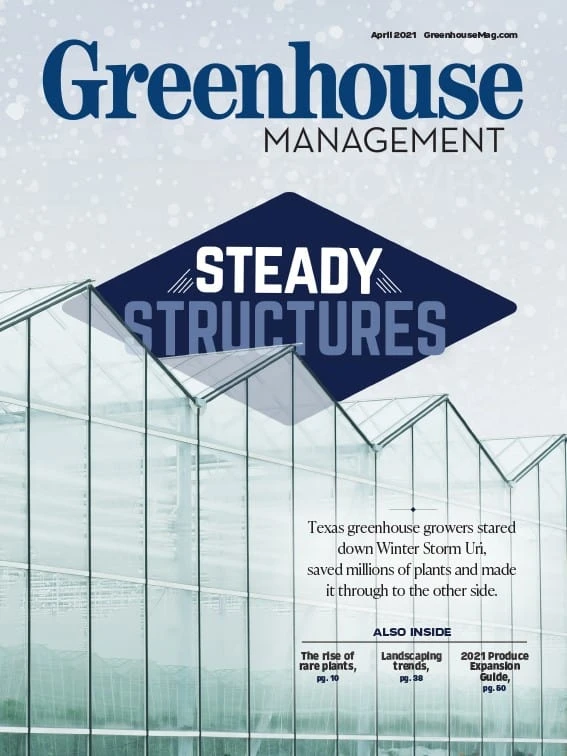
Explore the April 2021 Issue
Check out more from this issue and find your next story to read.
Latest from Greenhouse Management
- Terra Nova Nurseries introduces rust-free and disease-resistant heucherella
- John T. Nickel, founder of Greenleaf Nursery Co., passes away at 89
- Three tours offered at 2025 Farwest Show
- Garden Media Group announces sixth annual Women in Horticulture Week
- Star Roses and Plants announces National Knock Out Rose Day
- The Growth Industry Episode 4: How federal budget cuts are affecting horticulture nonprofits
- The thrips battle plan
- Pennsylvania Horticultural Society shares top gardening trends from 2025 Philadelphia Flower Show
